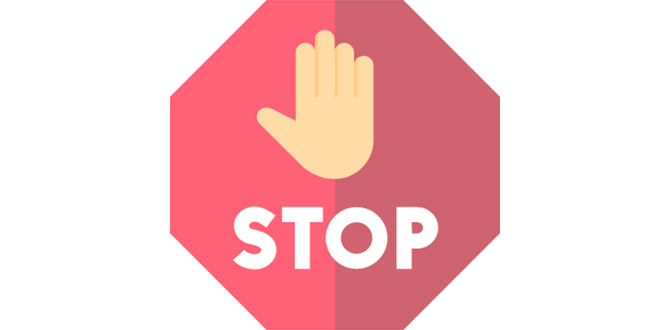Discrimination
Diversity and inclusion in the company are tremendous assets for the Group. Michelin believes that a work environment in which everyone feels respected for who they are reinforces collective commitment and performance. The Group places the fight against all forms of discrimination at the highest level of its requirements.
Michelin expects its employees to be respectful in their interactions with colleagues and with all the people with whom they have professional relations (suppliers, customers, neighboring communities, job candidates, etc.).

Definitions and Context
Discrimination is the act of treating a person or group differently by disadvantaging them or favoring them on the basis of criteria such as gender identity, age, religion, culture, social origin, nationality, ethnicity, disability, sexual orientation, union membership, family status, political opinion, physical appearance, etc. Discrimination is contrary to equality. The International Labour Organization (ILO) considers that "protection from discrimination is a fundamental human right"; it is the subject of several Conventions, including Convention 111.
Discrimination in the company can occur in recruitment, in a decision to promote, in pay, in training and in access to services or benefits.
It also results in behaviors, words or actions based on stereotypes that may belittle, delegitimize or disqualify a person or class of persons. It is punishable by civil and criminal sanctions in many countries.
Values and Guiding Principles
The Group is committed to assuring equal opportunities within the Group, regardless of the status of the employee, during recruitment, in pay decisions, in career paths, in access to training, and in other conditions of employment.
Every partner, manager, employee, must be treated with the same level of dignity and respect regardless of gender identity, age, religion, culture, social origin, nationality, ethnicity, disability, sexual orientation, union membership, family status, political opinion, physical appearance, etc.
In addition to the expectations of its employees, the Group also asks its customers and suppliers to fight against any form of discrimination against their own employees.
Do: I must
(Managers in the Corporate Personnel Direction, other Managers, Diversity and Inclusion Managers)
- Ensure that job advertisements are aimed at all types of candidates without mention of gender, age, culture, sexual orientation, religion, size, etc.
- Inform employees of possible actions to take in case of discrimination and accompany them in their proceedings.
- Treat any potential discrimination complaints seriously and respect each employee's right of appeal.
- Sanction discrimination if proven, in accordance with applicable laws and regulations.
- Raise awareness among managers and recruiters about stereotypes in Personnel processes.
- Raise awareness among managers of behaviors and comments that lead to discrimination, to pay particular attention to vulnerable people and to know what to do in the event of a report or complaint.
Don't: I must not
- Ignore discrimination complaints (manager).
- Consider name, address, age, gender, family situation, photo, or any personal characteristic unrelated to the candidate's skills in making decisions during the selection process (recruiter) or decisions related to an employee's career (manager).
- Ask applicants questions about their culture, religion, marital status, intention to have children, sexual orientation, etc. during a job interview (recruiter).
- Stipulate in a contract with an employee or a provider any criteria of age, religion, size, gender or culture for people who work directly or indirectly at Michelin.
- Make comments that, seemingly innocuous or humorous, have the effect of belittling or delegitimizing a person due to their origin, sex, social origin, religion, disability etc.
Practical case 1
You are a Diversity and Inclusion Manager
A co-worker asks you for an interview. She has not had a promotion for five years. On the other hand, one of her colleagues in another department was promoted after two years. She feels that she is being treated differently because she is a woman. How should you respond?
You explain to her that the Group is committed to ensuring that all employees are treated equally. Promotions are always decided on the basis of objective criteria.
However, you will refer the matter to the Development Partner (PDP) so that the situation can be examined in depth and, if warranted, that the necessary actions in terms of career management are taken.
Practical case 2
Your manager constantly makes jokes or comments critical of the religion of one of your colleagues. The manager never chooses this colleague for projects that could represent an opportunity for advancement, even though the work of this colleague is irreproachable, and refuses without reason the colleague’s requests for leave or training. This employee stays calm and does not react, but seems to be affected by the situation. What should you do?
You encourage your colleague to express to the manager that the manager’s attitude is hurtful and discriminating; you could also offer to accompany your colleague in this process. If the colleague does not wish to do this, or if this approach does not improve the manager's behavior, you encourage your colleague to use the Ethics line and to contact their Development Partner (PDP).

